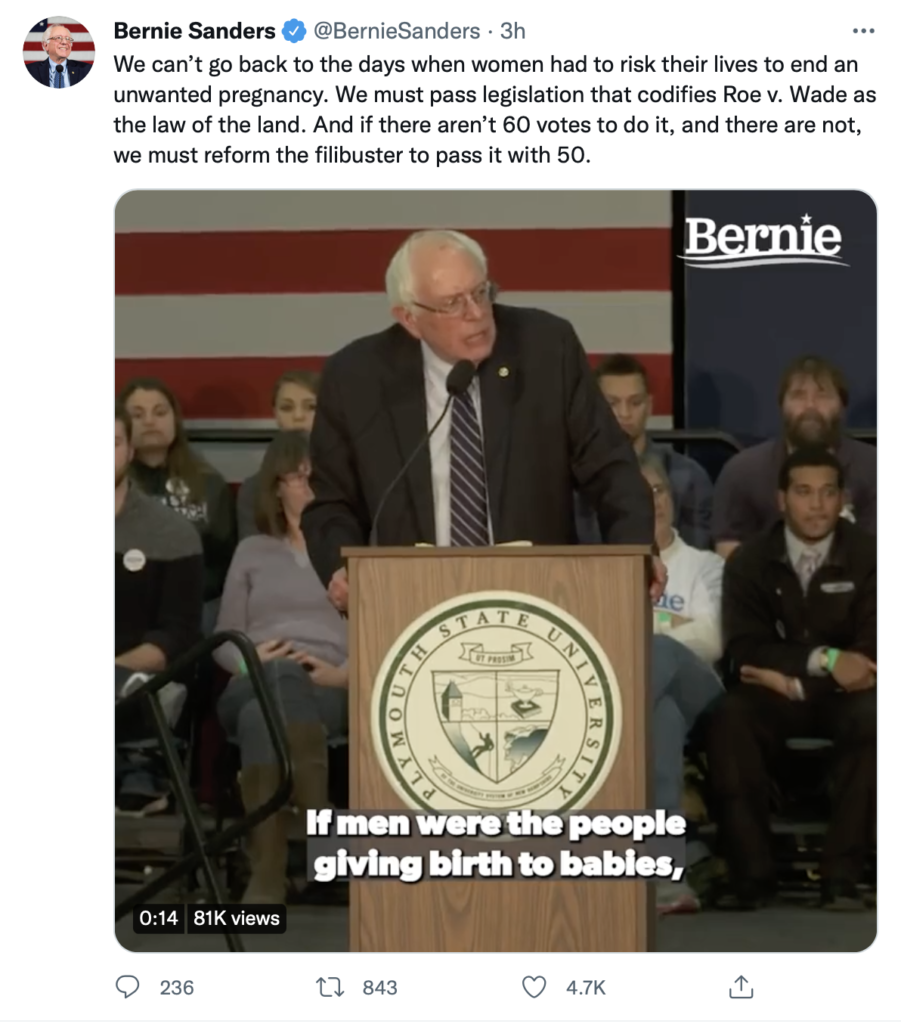The point everyone seems to be missing about the current hearing in the Supreme Court, reconsidering Roe v. Wade, is that we’re asking SCOTUS to adjudicate a nationally-binding, controversial interpretation of conflicting state laws. It doesn’t matter what you think of the issue of abortion: CONGRESS is the problem in our system here, NOT SCOTUS. If Congress would DO ITS JOB and WRITE LEGISLATION to make national policy on the subject, we wouldn’t be putting the Supremes in an unwinnable political situation. CONGRESS is the governmental body where the debate should be had, and where the process of democracy should be working, yet they are sticking their hands in their pockets, whistling tunelessly, and looking at the ceiling while everyone vents their spleen about the political leanings of the Supremes.
Congress is only interested in passing endless “continuing resolutions” to play games with the tax rules, dole out money to special interests, and collect campaign finance contributions, none of which is actually visible to the public. Every law being written now is just some lobbyist putting his employer’s wishes down on paper, and Congressmen shuffling around to see which way they need to vote, and what favors they’ll have to do, in order to NOT aggravate their largest donors. This is why every election is now based on how much you hate what the OTHER guy SUPPOSEDLY stands for, when no one has any real idea what hardly any of them will ACTUALLY put their name to. Congress is completely captured by Big Business, and until we “fix” the Citizens United ruling, they will never again make actual social policy by legislating again. If you manage to get something you want from our government, just consider yourself lucky that your desires happened to line up with some large donor or corporate PAC.
UPDATE: Someone on Twitter pointed out that the House has passed a bill, specifically to address the limitations of the recent, controversial Texas law, and pointed out astonishment how few people had heard about it. Indeed, that raises strange questions about why the media didn’t seem to do much to cover it.

Also, we were all (supposedly) educated in our public school system about the Senate filibuster, and how it was a strange loophole that’s been exploited for the entire history of the United States. It seems particularly silly, in these modern times, to block a vote by a 60% majority that could lead to passing a bill with a simple 51%, regardless of which party is in control of the body, or what law is being considered. I think it’s time to remove that parliamentary procedure once and for all.
Of course, it would be better if we repealed the 17th Amendment, and restored some semblance of States rights, as a check-and-balance to the Federal government — which the Founders envisioned, and wrote into The Constitution — but that matter was effectively settled when the Feds won the Civil War.
